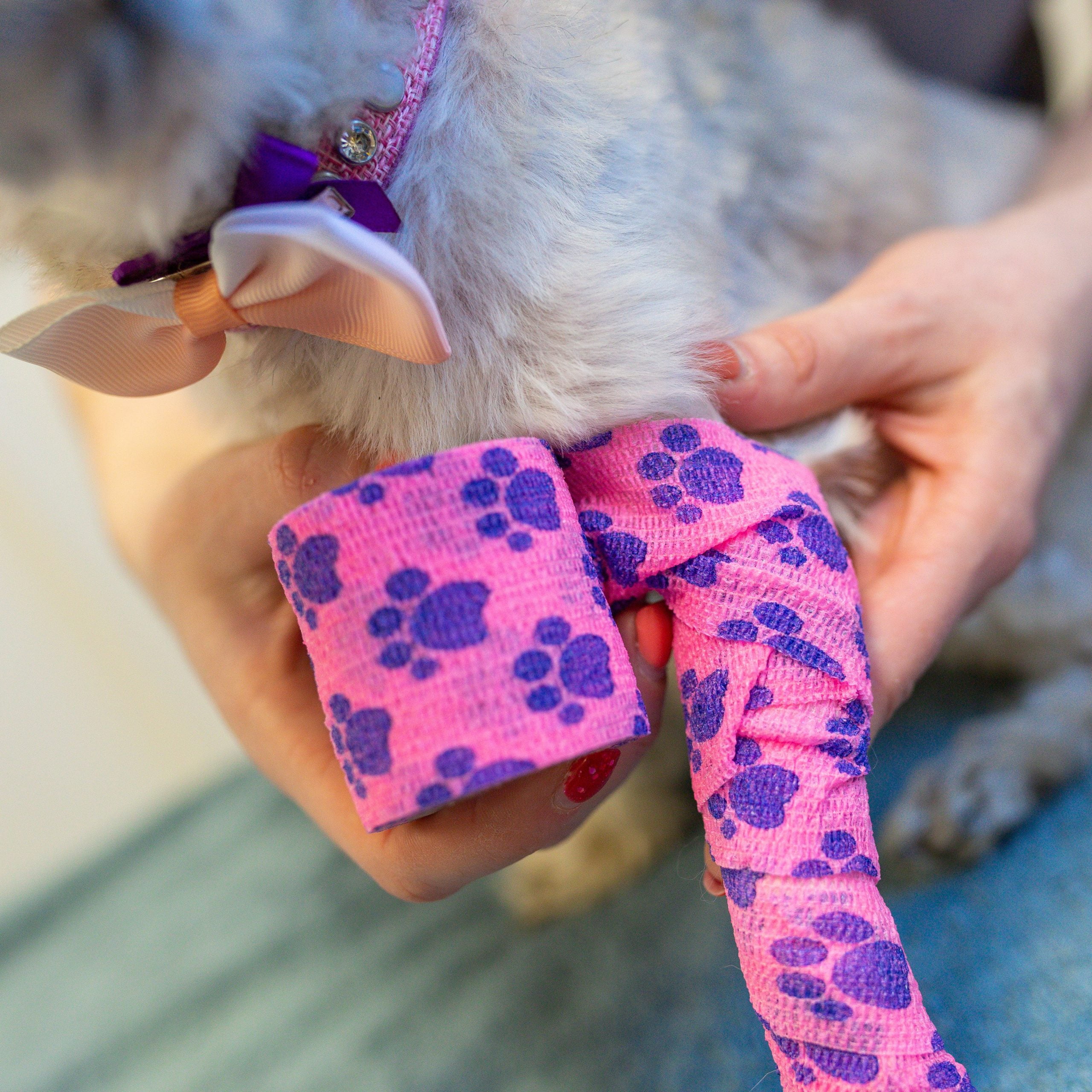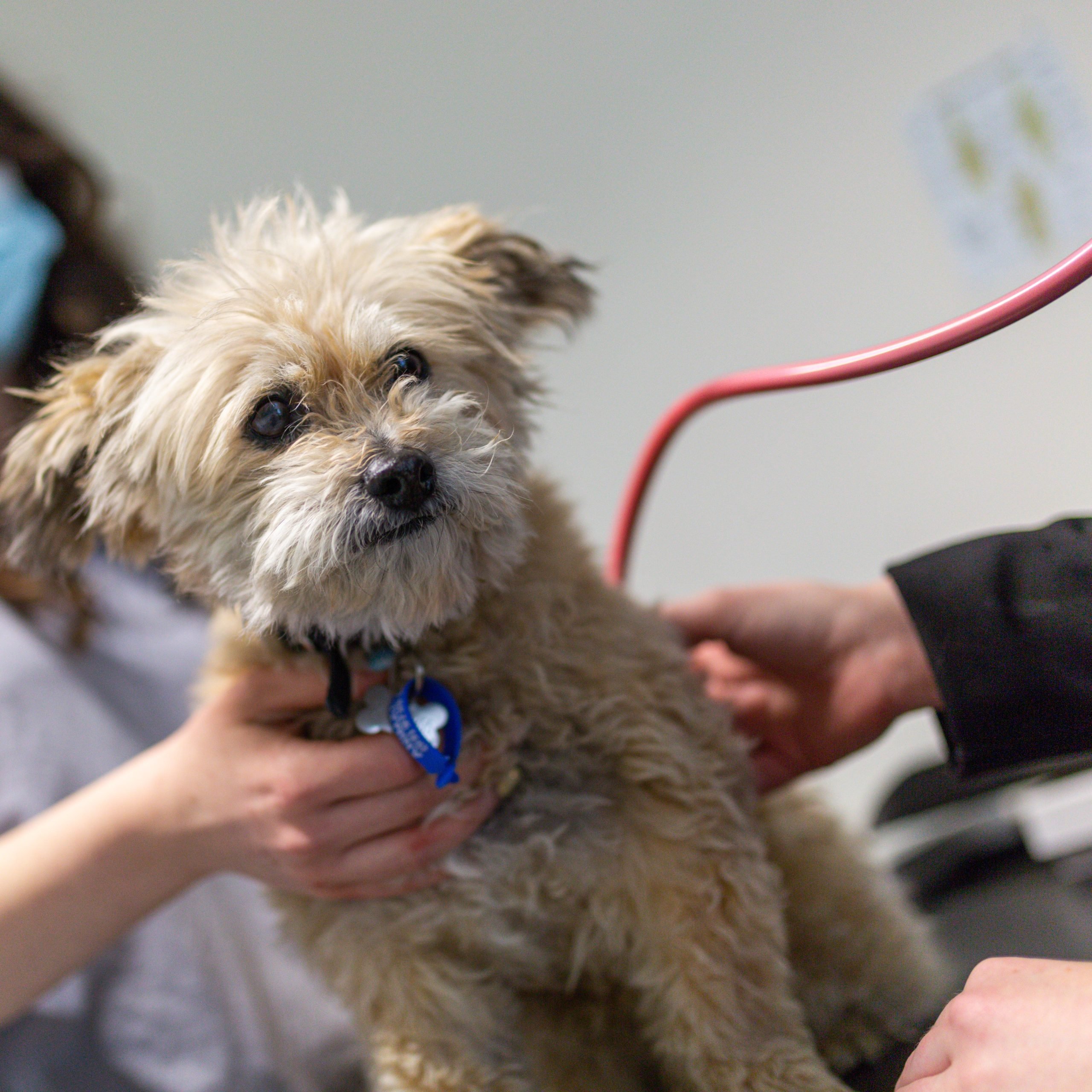
Many of us will have heard about the recent reports in the media of cases of leptospirosis identified in dogs in Melbourne. Leptospirosis is not a common disease in Melbourne so you likely have a few questions. Hopefully this article will help to answer your questions but please feel free to contact the clinic if you have any further concerns.
What is leptospirosis?
Leptospirosis is a disease caused by a family of bacteria called Leptospira. Leptospira bacteria prefer warm, damp conditions with outbreaks sometimes associated with recent flooding. Leptospirosis is an extremely uncommon infectious disease in Melbourne, but recently some cases have been diagnosed on the outskirts of Melbourne .
How does infection occur?
The most common source of Leptospira bacteria is via urine from infected rats which contaminates soil and water (especially stagnant water). Dogs become infected by the bacteria when it comes into contact with their mucous membranes (mouth) or via skin wounds.
What clinical signs are evident?
Clinical signs seen with Leptospirosis usually appear seven days after the infection is acquired. The symptoms can vary greatly but may include:
- Fever
- Lethargy
- Weight loss
- Off food
- Vomiting and diarrhoea
- Bruising
- Acute liver disease
- Acute liver disease
- Respiratory distress
The clinical signs seen with Leptospirosis are often vague, if you are concerned about your pet being unwell then it is always best to get them checked by the vet. Many cases may have only mild symptoms but some cases may be fatal. If Leptospirosis is suspected then testing can be completed
Can it be treated?
Yes. Leptospirosis can be treated with antibiotics. Further supportive care and intensive treatment may be required in some cases.
Is there a vaccination for Leptospirosis?
Yes there is a vaccination available for certain strains of Leptospira species. This vaccination is not part of the usual or “core” vaccination in Melbourne. It is an additional optional vaccine if you feel your pet is at risk. The vaccination does not provide 100% protection but should reduce the severity of clinical signs if your pet becomes infected.
Is my dog at risk?
It is an uncommon disease in and around Melbourne. Dogs that are exposed to the following situations may be at greater risk of Leptospirosis,
- Access to contaminated or unfiltered water
- Exposure to urine of infected animals
- Exposure to wildlife that may be infected (most commonly rats)
Is there a risk to human health?
Leptospirosis is a zoonotic disease, meaning it can spread from dogs to humans. We recommend always practicing good hygiene with washing hands. If you have any concerns about exposure for yourself please talk to your GP.



